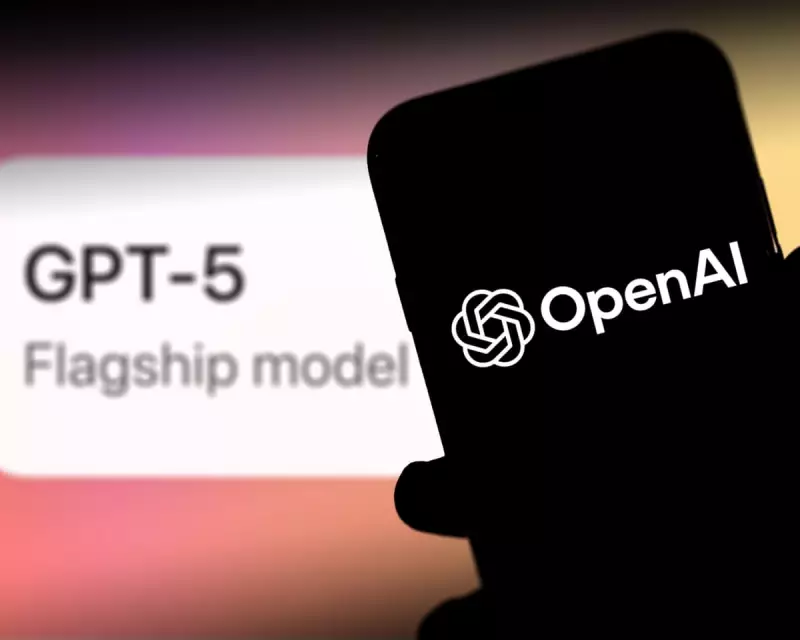
In a groundbreaking move that blurs the lines between technology and human emotion, OpenAI has unveiled a new version of its ChatGPT model specifically designed to interact with users experiencing grief and profound emotional distress.
The updated AI demonstrates a sophisticated understanding of complex human emotions, engaging with individuals grappling with loss in a manner that mimics empathetic human conversation. This represents a significant leap from the model's previous capabilities.
The Double-Edged Sword of Emotional AI
While intended as a supportive tool, the technology has ignited intense debate among mental health professionals and ethicists. Dr. Lucy Selman, a leading palliative care expert from the University of Bristol, voices serious concerns: "We must question whether interacting with AI about deeply personal grief could potentially disrupt natural healing processes or create dependency issues."
The core dilemma lies in whether an artificial intelligence, no matter how advanced, can genuinely comprehend human suffering or merely simulate understanding through sophisticated pattern recognition.
Regulatory Challenges and Safety Measures
OpenAI has implemented several safeguards, including clear disclosures that users are interacting with an AI and not a human professional. The company emphasizes the tool is designed to complement, not replace, human support networks and professional mental health services.
However, critics argue that current regulatory frameworks are woefully inadequate for governing AI in such sensitive domains. The technology's rapid advancement continues to outpace the development of appropriate ethical guidelines and legal protections.
The Future of AI-Human Relationships
This development raises fundamental questions about the evolving relationship between humans and artificial intelligence. As these systems become increasingly sophisticated in handling emotional complexities, society must confront challenging questions about authenticity, connection, and the very nature of support in the digital age.
The emergence of grief-capable AI marks a pivotal moment in technological history, promising support for those in need while presenting society with unprecedented ethical challenges that demand careful consideration and responsible stewardship.





